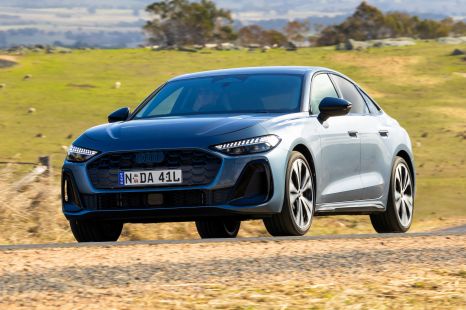

James Wong
2025 Audi A5 Sedan TFSI 150kW review
5 Days Ago
The Hyundai Motor Group will make vehicles across all its brands capable of receiving over-the-air software updates by 2025.

Contributor
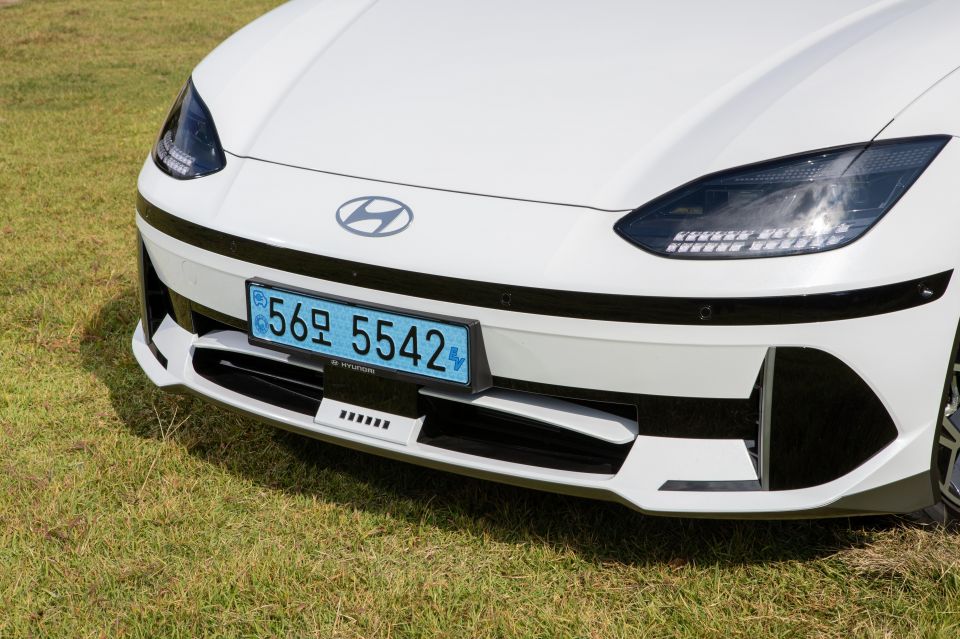

Contributor
All Hyundai, Kia and Genesis models sold globally, including internal-combustion vehicles, will be equipped to receive over-the-air (OTA) software updates by 2025.
This rollout will start in 2023 with newly launched models from the Hyundai Motor Group.
The company is planning to offer OTA updates to allow customers to remotely upgrade the performance and functionality of their vehicles after taking delivery, without the need to take them to a service centre.
The Hyundai Ioniq 6, which is set to launch in early 2023, will be the first model to offer OTA software updates for the vehicle’s electric powertrains, autonomous driving systems, and battery, among other areas.
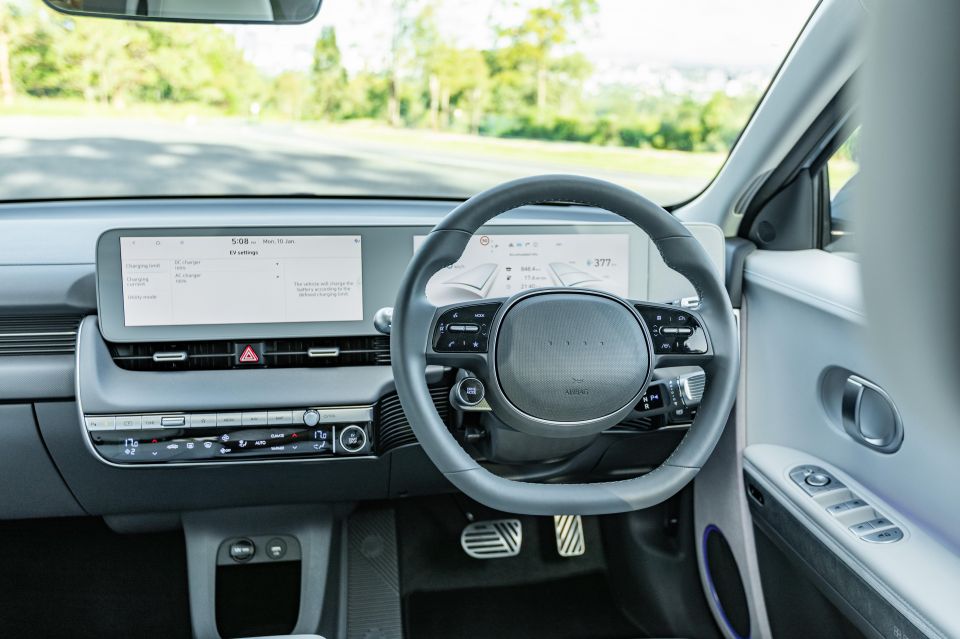
To date, OTA software updates in Hyundai, Kia and Genesis models have been limited exclusively to satellite navigation maps and media software.
In addition to the OTA software updates, Hyundai Motor Company plans to introduce feature on demand (FoD) services in 2023.
This is claimed to give customers the ability to “select and purchase functions and features that meet their needs and tastes”, and will follow similar services that BMW and Tesla offer.
It’s unclear at this stage what features will be locked behind a paywall.
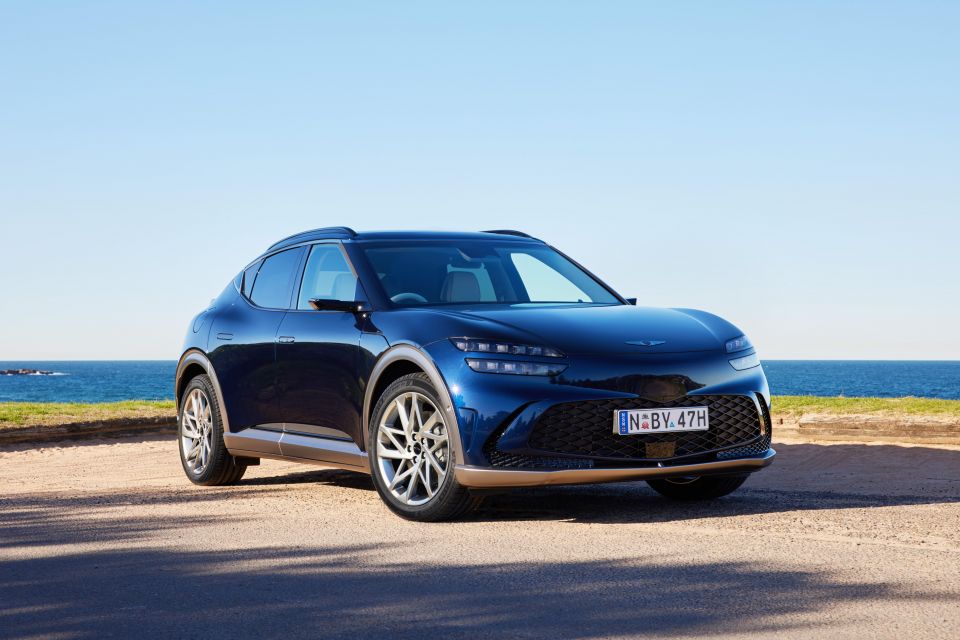
To help with this transition to make its vehicles more “software-defined”, the Hyundai Motor Group plans to invest 18 trillion won ($A20 billion) by 2030 to establish a new global software centre which will help to integrate hardware and software technologies.
Furthermore, Hyundai Motor Company will introduce vehicles from 2025 based on two new EV platforms called eM and eS.
These two platforms will be derivatives of the Hyundai Motor Group’s Integrated Modular Architecture (IMA), an evolution of the current electric global modular platform (e-GMP).
The eM platform is being developed for EVs “across all segments” and is claimed to provide a 50 per cent improvement in driving range on a single charge compared to current EVs.
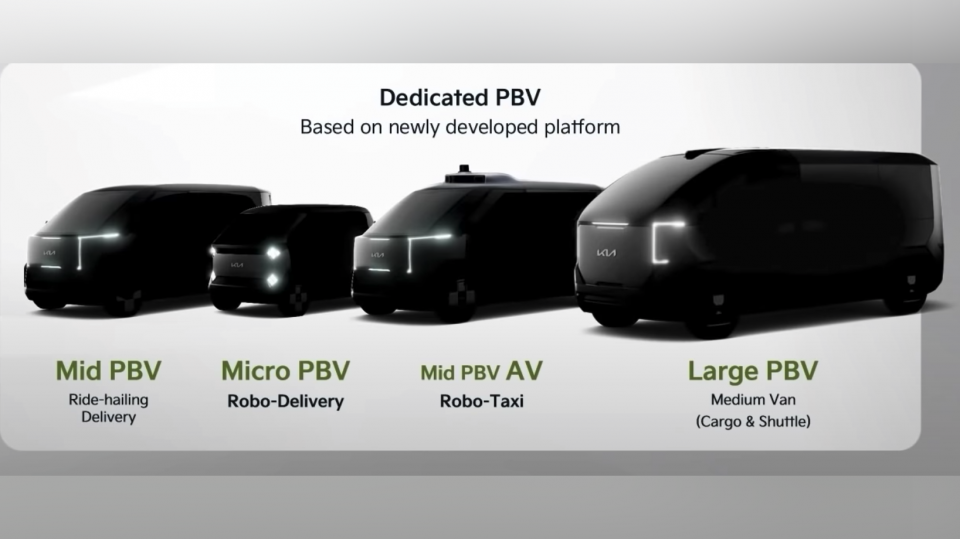
The eM platform is also being developed to support Level 3 or higher autonomous driving technology.
The eS platform on the other hand will be developed as a scalable skateboard platform for purpose-built vehicles (PBVs).
Kia recently detailed its upcoming range of PBVs based on this eS architecture, which will be built in a dedicated factory in South Korea. These PBVs will provide tailor-made solutions for companies operating in delivery, logistics, and car-hailing sectors.

The company is currently working on an internally developed connected car operating system (ccOS) in collaboration with NVIDIA, which will be applicable to all the vehicle’s controllers, maximising hardware performance.
This ccOS is claimed to “significantly” strengthen its autonomous driving technology, and will be able to analyse and process data “ultra-rapidly” from the cameras, radars, and LiDARs that are mounted on the vehicle.
Hyundai Motor Company will be introducing Level 3 autonomous driving technology in Korea this year on the Genesis G90, which will then lay the foundation for future Level 4 and Level 5 technologies.
Jack Quick is an automotive journalist based in Melbourne. Jack studied journalism and photography at Deakin University in Burwood, and previously represented the university in dance nationally. In his spare time, he loves to pump Charli XCX and play a bit of Grand Theft Auto. He’s also the proud owner of a blue, manual 2020 Suzuki Jimny.


James Wong
5 Days Ago
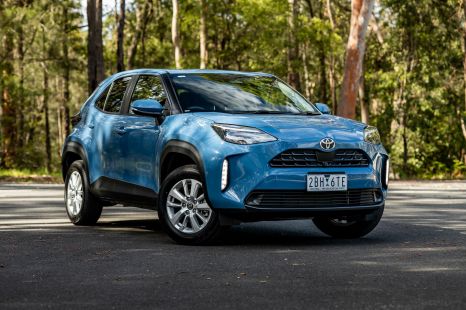

Matt Campbell
4 Days Ago
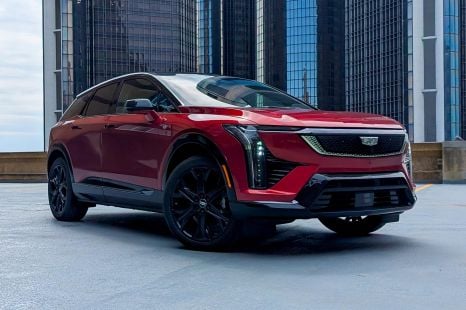

William Stopford
2 Days Ago
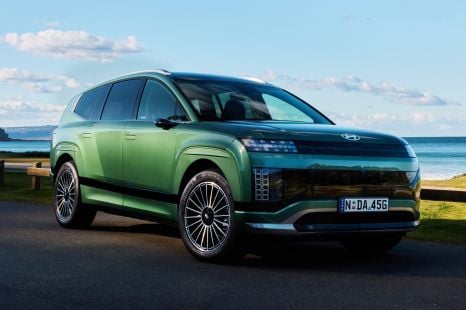

Josh Nevett
1 Day Ago


James Wong
1 Day Ago
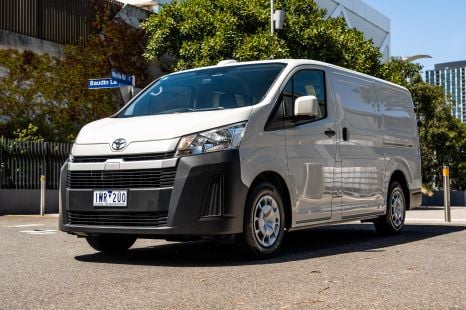

Max Davies
19 Hours Ago